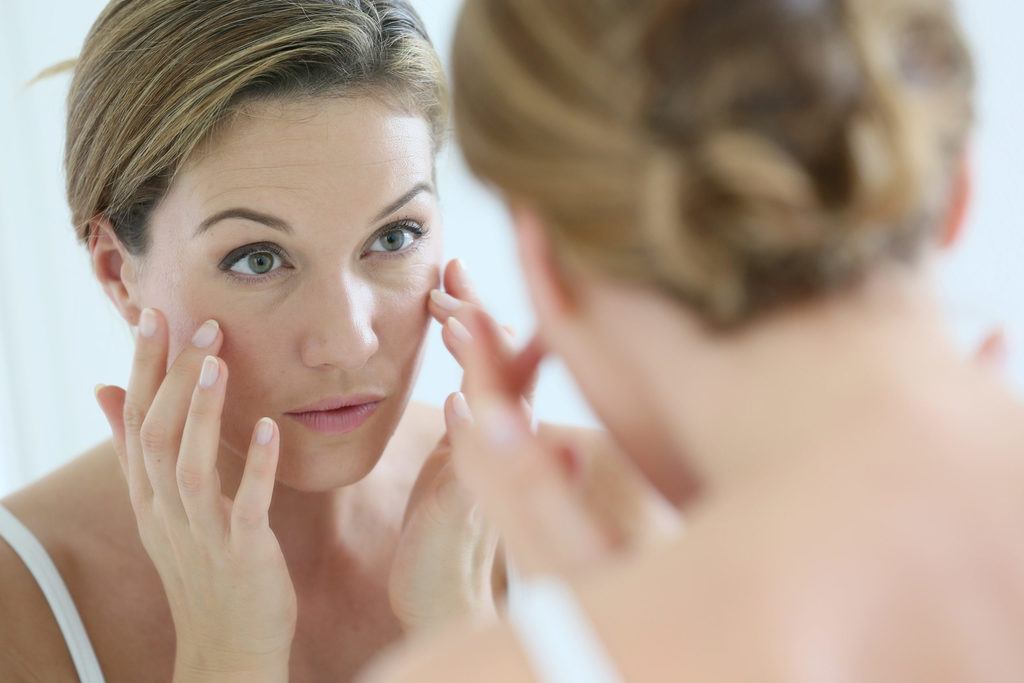Researchers Find Four New Types of Aging – Do You Know Yours?

Imagine aging. What do you see? If you’re like most people, you probably thought of wrinkles, grey hair, maybe wearing glasses and having creaky joints.
But what if I told you there is more than one way to age – and you could know which health problems you’ll face along the way?
Researchers at Stanford University put together nearly 18 million data points coming from 106 subjects that were monitored for two to four years. Their goal? Understanding the aging process better and, ultimately, helping us improve the last decades of our lives in terms of physical health.
The four ways you can age
One of the conclusions drawn from the study (published in the journal Nature Medicine) is that each of us can age in at least four biological ways, or ‘ageotypes.’ Knowing yours can help you identify the potentially weak spots in your system where health problems may occur as you age. Each ageotype is determined through gene sequence, gut microbes, blood, urine and saliva sample analysis.
To me, this is much like getting a sneak peak at your future self and even getting the chance to prevent future diseases by taking action right now! Isn’t that great?
Now, let’s have a look at the main types of aging discovered so far:
- Metabolic
If your ageotype is metabolic, you might struggle with increased blood sugar levels as you age, thus being prone to type 2 diabetes. - Immune
People with immune ageotype could experience more inflammation than others; this increases the risk of suffering a heart attack and cancer. - Hepatic
A hepatic ageotype might signal future liver problems, especially as the liver is gradually slower at repairing itself over time. - Nephrotic
Nephrotic ageotypes imply a certain kidney sensitivity which could translate into a long-term illness that comes with aging.

Aging better: the ultimate goal of our future
If we were to be very optimistic, this study might be a starting point to age (even more) gracefully and pleasantly. However, both Dr. James Kirkland at Mayo Clinic and Dr. Zoltan Arany from the University of Pennsylania’s School of Medicine agree that the process ‘will require a lot of further work.’
But research leader Michael Snyder, geneticist at Stanford University, is ready to go all the way for his ultimate goal:
“I can envision a world in which everyone gets their type of aging measured, so that at the earliest sign of acceleration, you can intervene.”
The Captain asks…
Would you like to know what will happen in the future? Your joy, your sorrow, your illnesses?
Let’s chat in the comment section below!
